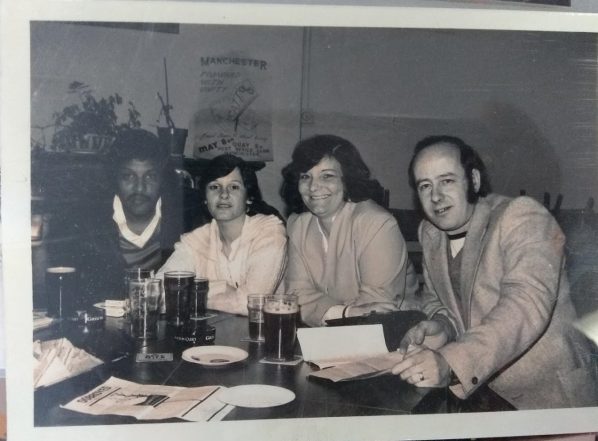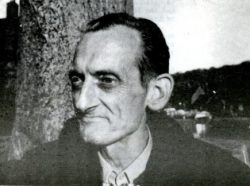Writing by working class people in Manchester and the north west of England in the Seventies and early Eighties is chronicled in two quarterly publications: Voices, (this links to an external site) set up by Manchester communist Ben Ainley, published from 1972 to 1984 and Write On published by Commonword from 1977 to around 1984. Write On was set up initially as a means of publishing the work that emerged from its weekly Commonword Writers Workshop held in Manchester city centre, but it later started to publish work from writing groups around Greater Manchester. Voices too eventually widened its remit, publishing work by people from working class writing organisations that belonged to the Britain-wide Federation of Worker Writers and Community Publishers (FWWCP). The federation came from the struggle for working class writing and writers to be recognised within British literature.
There is a degree of crossover between the two publications. Pieces published in Write On also appear in Voices and vice versa. This seems inevitable: Commonword was in the FWWCP; both were Manchester-based and served as platforms for writing by working class people and worker writers i.e. people whose job or trade was a strong part of their writer identity. They were people who often had very little formal education, spending most of their lives in manual trades and occupations with a number of them only taking to writing much later in life.
In Manchester there were tensions between those who wanted to meet the needs of writers and perspectives by forming separate writer groups and and those who did not want the left-wing working class writer movement to be divided up. Commonword with its emerging women-only and gay-only writer groups fell into the former camp. The number of groups expanded to include a Black and Asian writer group and a disabled writer group. The Commonword Writers Workshop, which met on Monday evenings became the Monday Night Group (currently running online due to covid-19), remaining open to all. The last issue of Voices came out in 1984. Around the same time, Commonword stopped publishing Write On, moving on to publishing collections of work by its different writer groups, themed anthologies and collections by individual writers. Although working class writers continue to be fostered and supported by Commonword and its black and Asian writer programme Cultureword, there has been much less focus solely on class identity.
The working class writing from the early years of Commonword archive is the world as seen through the eyes of the working class people but without the sentimentality and nostalgia slathered on by the ruling and mediating classes. As you might expect, you will find drudgery, poverty and injustice, but there is also hope, humour, fantasy and experimentation.
Selected works and writers




